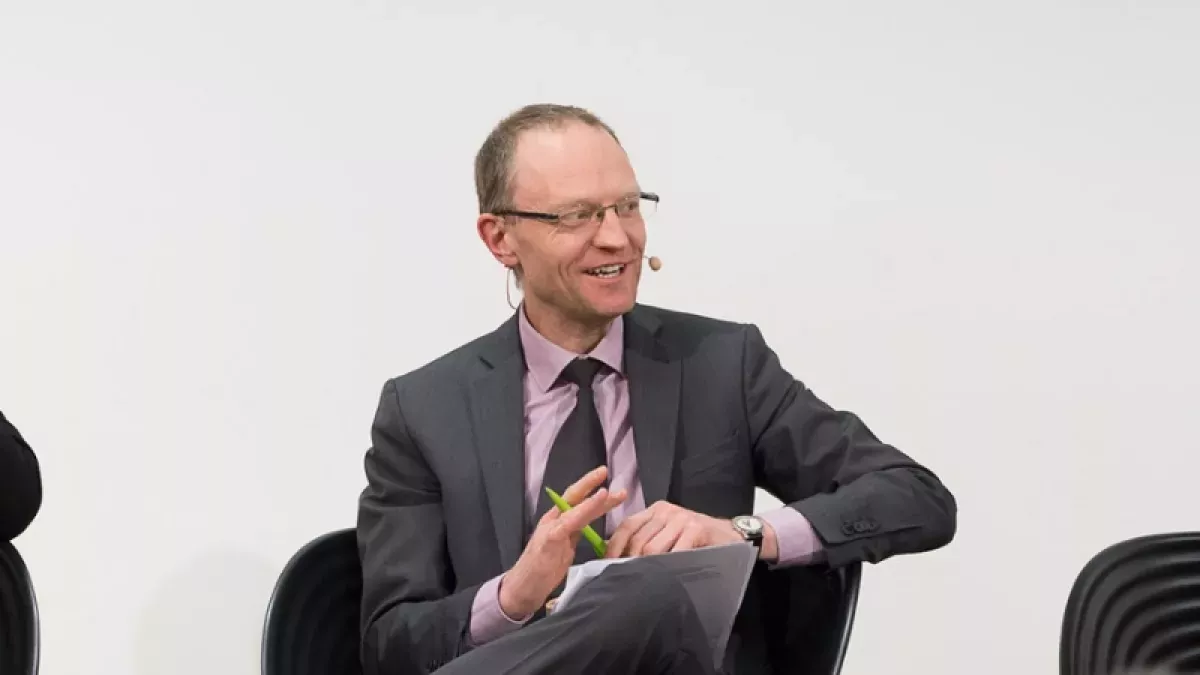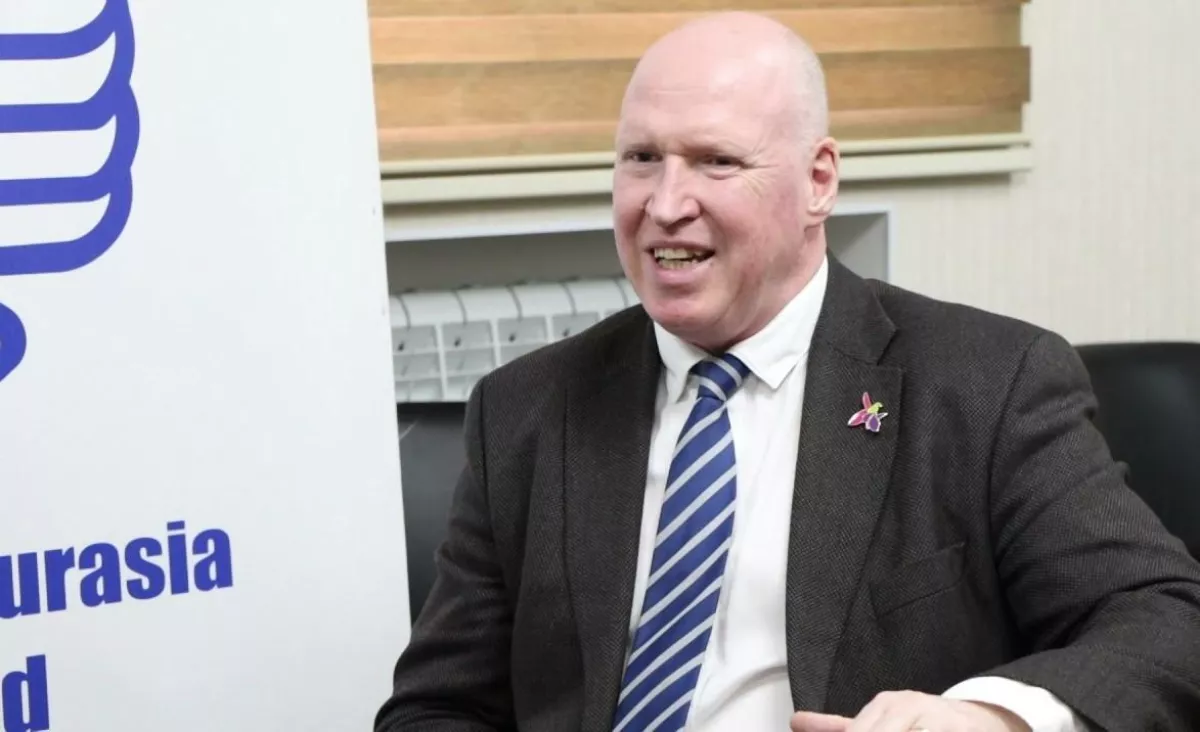EU reevaluates security framework after losing independence Expert opinions
The European Union should create its own security organization in addition to NATO, said European Parliament President Roberta Metsola. “The EU always needs to be stronger, more consistent, and more effective. I say the same when it comes to creating, for example, a genuine security and defence union. A union that we have long demanded, which would complement NATO and not compete with the EU,” she said in an interview with El Mundo. Metsola added that the EU must be prepared for everything, regardless of the outcome of the US presidential elections.
In mid-July, the head of the European Commission, Ursula von der Leyen, who was re-elected for a second term, stated that she intends to prioritize ensuring security and protecting the EU from external threats.
“Over the next five years, our work will be focused on creating a true European Defense Union,” she said. According to her, member states will determine their own national military doctrines and make decisions about deploying their contingents, but Europe can do a lot to support and coordinate efforts to strengthen the defence industrial base, innovation, and the single market.
Von der Leyen pointed out that the last few years have revealed a chronic lack of investment and ineffective spending on the development of the EU's military potential. She noted that the total defence spending of the union increased by only 20% from 2019 to 2021, while China raised its spending by 600% and Russia by 300%.
In this regard, she promised to establish the position of a European Commissioner for Defense and a European Defense Fund that will invest in maritime, land, air, space, and cybersecurity sectors.
Thus, once again, the idea of creating a new military structure for the EU, in addition to the fact that the member states are already part of the North Atlantic Alliance, is being discussed at the highest levels in Europe. Why does this topic keep resurfacing in Europe? Is there indeed an urgent need for the European Union to create its own security organization?
European experts shared their opinions on this matter with Caliber.Az.

According to Dr Stefan Meister, head of the Program for International Order and Democracy at the German Council on Foreign Relations (DGAP), there is indeed a trend within the EU to prepare for a possible Donald Trump presidency and the potential withdrawal of the US from Europe.
“But that does not mean the EU will become the main security actor in Europe. Here, we see two paths. One is strengthening the European wing within NATO through northern expansion with Finland and Sweden, increasing NATO budgets, and enhancing European leadership in the organization.
Secondly, the EU has conceived the position of a Commissioner for Defence, who will primarily be responsible for the European defence industry, aiming for Europe to become more independent from American weapons and technologies in the military sector,” outlines the German political scientist.
According to him, this signifies greater European sovereignty in defence production while still maintaining the emphasis on NATO as the primary European defence organization, with or without the US.
“NATO will remain the main defence organization in Europe, but we will see a duplication of efforts by member states in NATO and the EU. The EU must become a more significant security actor, as security is the main issue for Europe. However, it will not become a defence organization,” Meister believes.

In turn, Irish political scientist and historian Patrick Walsh believes the reason is that the U.S. is determined to scale back its military commitments to Europe, as this is an unpopular policy in America.
“This viewpoint is most closely associated with Donald Trump, but the Biden administration has continued this policy, and for Europe, it’s a foregone conclusion. However, Europe’s major problem is the war in Ukraine. In my opinion, Europe is unable to sustain military efforts in the same way the US does. Several European states adhere to a strict policy of neutrality, while others are dissatisfied with the EU's anti-Russian stance. Europe fears that the US may want to shift its focus away from Ukraine and redirect its attention to its main geopolitical rival, China, effectively leaving the problem on Europe’s shoulders. If this is the case, as calls within the EU for a military alliance suggest, then Europe has a serious problem,” the historian noted.
He predicts an increasingly bleak future for Europe.
“It is suffering from industrial decline due to the loss of cheap energy from Russia; there is a crisis in the automotive industry due to its inability to respond to the challenge posed by mass supplies of electric vehicles from abroad. It is caught between the US and China, unable to compete with either. Europe, after the war in Ukraine, has become dependent on Washington; it has lost the independence it had before 2022. Washington is in charge, and it has told Europe that it will no longer pay its bills. Europe must adapt to this troubling situation, where there are no simple answers other than a decrease in living standards and a weakening of social welfare,” Walsh concluded.








